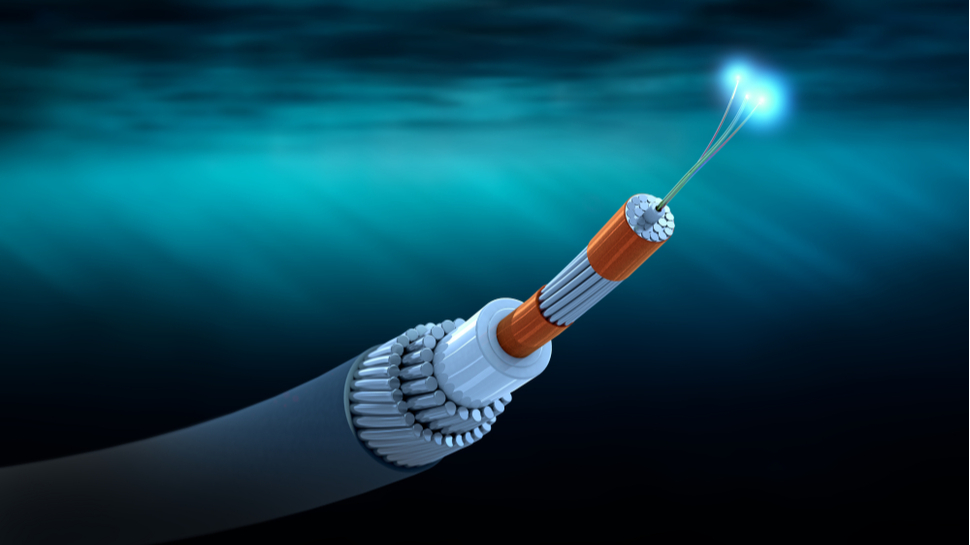New Royal Navy ship will patrol undersea communications cables
Cables deemed to be of key strategic importance

Sign up for breaking news, reviews, opinion, top tech deals, and more.
You are now subscribed
Your newsletter sign-up was successful
The UK government has given the greenlight for the construction of a new Royal Navy surveillance ship to guard undersea communications cables across the world.
Undersea cables were first used in the 19th century to transmit telegrams across oceans and have since provided the foundation for global telephone and Internet networks. There are now hundreds of thousands of miles of these cables across the world.
This network has been expanded and upgraded significantly in recent years, as demand for data-intensive applications and cloud services intensifies. Despite advances in satellite technology, it is thought that 380 cables carry more than 99.5% of transoceanic data.
- These are the best business SIM-only deals around today
- And the best business broadband deals
- Here are the best business mobile phone deals
Google undersea web cable
New cables have been laid by global telecommunications firms and major tech firms such as Microsoft, Google and Facebook in order to enhance capacity and improve performance for their respective services.
The growing importance of connectivity to consumers, businesses and governments means the Ministry of Defence considers these cables to be of key strategic importance and should be protected from any foreign threats.
The new ship will enter service in 2024 and will patrol UK and international waters. Sensors and drones will collect data, and the ship will also be able to support other operations.
“The lights could go out if we lose our critical national infrastructure across the board,” Defence Secretary Ben Wallace told the BBC. “Cables are one part of that critical national infrastructure and incredibly important.
Sign up to the TechRadar Pro newsletter to get all the top news, opinion, features and guidance your business needs to succeed!
“[The vessel's] job is going to be to protect not only critical national infrastructure, but other things. It will be able to do other surveillance functions around the sea and everything else and I think it is really important that we invest in that because otherwise we are deeply exposed.”
- Here's our list of the best cloud computing services on the market
Via BBC
Steve McCaskill is TechRadar Pro's resident mobile industry expert, covering all aspects of the UK and global news, from operators to service providers and everything in between. He is a former editor of Silicon UK and journalist with over a decade's experience in the technology industry, writing about technology, in particular, telecoms, mobile and sports tech, sports, video games and media.